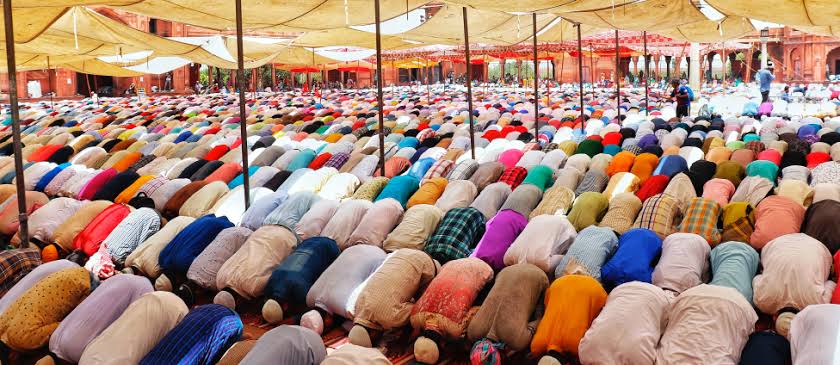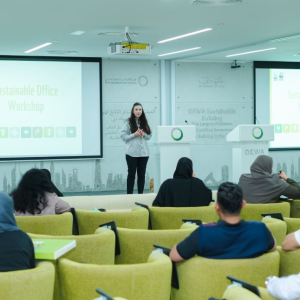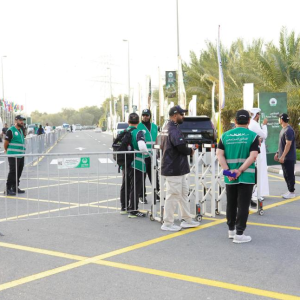Fitrana, also known as Zakat al-Fitr, is an essential charitable obligation for Muslims during the holy month of Ramadan. It is a form of almsgiving that ensures the less fortunate can celebrate Eid al-Fitr with joy and dignity. In the UAE, where a significant Muslim population resides, the Fitrana amount is determined annually by Islamic authorities and remains a crucial act of compassion and solidarity.
As Ramadan 2025 approaches, Muslims in the UAE are preparing to fulfill this important duty. This guide explains the significance of Fitrana, the expected amount for 2025, and how you can fulfill this obligation to benefit those in need.
What Is Fitrana?

Fitrana, or Zakat al-Fitr, is a mandatory form of charity given by every Muslim, regardless of age or gender, at the end of Ramadan. Its primary purpose is twofold:

- Purifying the Fast: Fitrana serves as a purification for any shortcomings or mistakes made during fasting in Ramadan.
- Helping the Needy: It ensures that underprivileged individuals and families can celebrate Eid al-Fitr without financial burden or hunger.
Fitrana is not optional; it is an obligation for every Muslim who possesses food or wealth beyond their basic needs. Parents or guardians must also pay Fitrana on behalf of their children or dependents.
Fitrana Amount for 2025 in the UAE
The Fitrana amount is typically calculated based on the cost of staple food items, such as rice, wheat, or dates, which are common in the local diet. Islamic scholars and authorities in the UAE determine the amount annually, considering current market rates.

For 2025, the expected Fitrana amount in the UAE is anticipated to range between AED 20 and AED 25 per person. This estimate is based on previous years’ rates and inflation trends. However, the final amount will be officially announced closer to Ramadan by local Islamic councils or organizations.
When Should Fitrana Be Paid?
Fitrana must be paid before the Eid al-Fitr prayer, which takes place on the morning of Eid. It is highly recommended to fulfill this obligation during the last few days of Ramadan to ensure it reaches the needy in time.
Delaying Fitrana beyond the Eid prayer without a valid reason is considered a missed obligation, though it should still be paid afterward if not done on time.
Who Receives Fitrana?
The recipients of Fitrana are primarily those in need. According to Islamic teachings, it should be distributed among specific categories of people mentioned in the Quran, including:
- The poor and needy who struggle to afford basic necessities.
- Those burdened by debts they cannot repay.
- Travelers in need of assistance.
- Individuals working to distribute charity (administrative purposes).
In the UAE, Fitrana is often collected and distributed through authorized charitable organizations to ensure it reaches eligible beneficiaries efficiently.
How to Pay Fitrana in the UAE
Muslims in the UAE have multiple convenient options to pay Fitrana:
1. Mosques and Islamic Centers
Many mosques and Islamic centers in the UAE accept Fitrana payments. Donation boxes or designated counters are set up to facilitate contributions.
2. Online Platforms
Several authorized charities in the UAE provide online payment facilities for Fitrana. These platforms ensure secure transactions and allow individuals to pay conveniently from their homes.
3. Charity Organizations
Renowned organizations such as the Emirates Red Crescent and other local charities work closely with Islamic councils to collect and distribute Fitrana to those in need.
4. Cash or Food Distribution
Some individuals prefer to distribute Fitrana directly to underprivileged families or individuals, either in cash or by providing staple food items equivalent to the determined amount.
The Spiritual Benefits of Fitrana
Fulfilling the obligation of Fitrana is not merely about financial charity; it carries immense spiritual rewards. By giving Fitrana, Muslims express gratitude for the blessings they have received during Ramadan and contribute to creating a sense of unity and care within the community.
The Prophet Muhammad (peace be upon him) emphasized the importance of Fitrana, stating that it purifies the fasting person from any inappropriate behavior or speech and provides sustenance to the needy during Eid celebrations.
Ensuring Proper Distribution
To maximize the impact of Fitrana, it is crucial to ensure that it reaches the right recipients in a timely manner. Donors should:
- Verify the authenticity of the organizations collecting Fitrana.
- Pay the amount well before the Eid prayer to allow sufficient time for distribution.
- Avoid giving Fitrana to individuals or groups not eligible according to Islamic teachings.
FAQs About Fitrana in the UAE
1. Can non-Muslims pay Fitrana on behalf of their Muslim employees?
Yes, non-Muslim employers can pay Fitrana on behalf of their Muslim employees as a gesture of goodwill. However, the intention (niyyah) for fulfilling this obligation should ideally be made by the Muslim individual or communicated by the employer.
2. Can Fitrana be paid in advance?
Yes, Fitrana can be paid at any time during Ramadan, though it is traditionally given closer to the end of the month to ensure its timely use for Eid preparations.
3. Is it better to give Fitrana in cash or food?
Either option is acceptable. In the UAE, most people prefer to give Fitrana in cash, as it allows recipients to purchase what they need most. However, distributing food items is equally valid and adheres to the traditional practice.
4. What happens if someone forgets to pay Fitrana on time?
If Fitrana is not paid before the Eid prayer, it should still be paid as soon as possible. However, delaying it without a valid reason is discouraged.
The Importance of Fitrana in Building a Compassionate Society
Fitrana fosters a spirit of generosity, equality, and care within the Muslim community. By ensuring that everyone, regardless of their financial status, can celebrate Eid with joy, it reflects the core Islamic values of compassion and unity.
In a country like the UAE, where diverse communities coexist, the act of giving Fitrana serves as a reminder of shared humanity and the collective responsibility to uplift those in need. It strengthens communal bonds and reinforces the idea that no one should be left behind during times of celebration.
Conclusion
As Ramadan 2025 approaches, fulfilling the obligation of Fitrana remains a priority for Muslims in the UAE. By paying the designated amount promptly and ensuring its proper distribution, Muslims can uphold the spirit of charity and ensure that Eid al-Fitr is a time of happiness for all.
The act of giving Fitrana not only purifies one’s soul but also brings the community closer, fostering an environment of kindness, empathy, and shared joy. Let this sacred tradition remind us of our collective duty to care for one another and make a positive difference in the lives of those who need it most.
Do follow Uae stories for more updates
Ultimate Luxury: 8 Best Hotels with Private Pools in Abu Dhabi!












